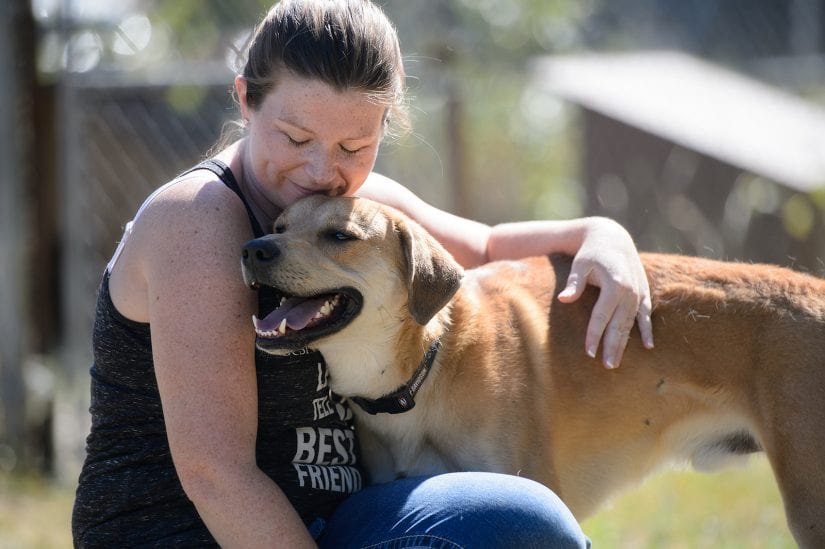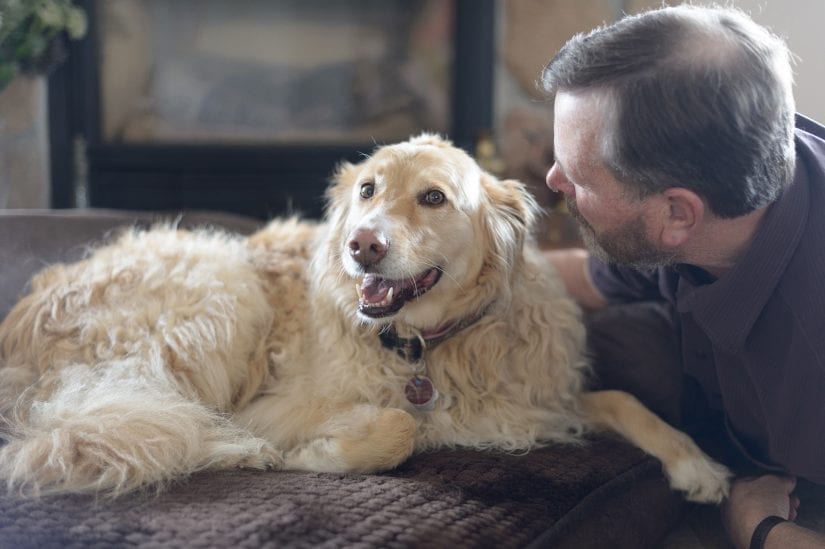All adoptable animals are viewable online! Learn what to expect when applying to adopt an animal.
Search for adoptable animals now >>
Adoption
Yes, you can adopt horses from the BC SPCA. Horses come into the care of the BC SPCA through our Animal Protection Services work. These horses are rehabilitated on-site at the Surrey Good Shepherd Barn, the Kelowna Recovery & Adoption Barn, the Nanaimo Seasted Stables, or in foster homes across the province. Interested in fostering horses? Apply to become a foster home online.
Horses that are available for adoption are listed on our adoptions page. Viewings are by appointment. A completed adoption application and a home check are required as part of the adoption process.
Adoption fees vary from $250 to $750, or more. Basic medical exams are performed by a veterinarian when horses are in our care; however, it is recommended that potential adopters carry out pre-purchase exams when considering horse adoption.
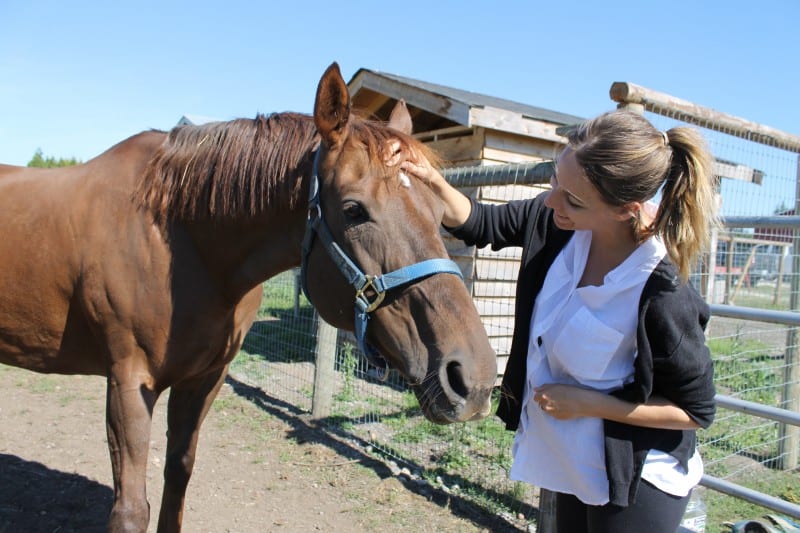
To adopt a pig or any other animal from the BC SPCA, please visit our adoptions page. But before you adopt a pig, please consider the diversity of pig needs, which are much different from the needs of a pet dog or cat. For example:
- How big should you expect a mini pig to actually grow?
- What type of housing do pigs require?
- Are pigs compatible with other pets?
- What do pigs eat?
- Who will be your pig’s vet, and does your local vet accept pig patients?
- Should you get a pet pig spayed or neutered?
- What type of house-training is required?
- What costs are involved?
Get the answer to these and other important questions on our pet pig information page.
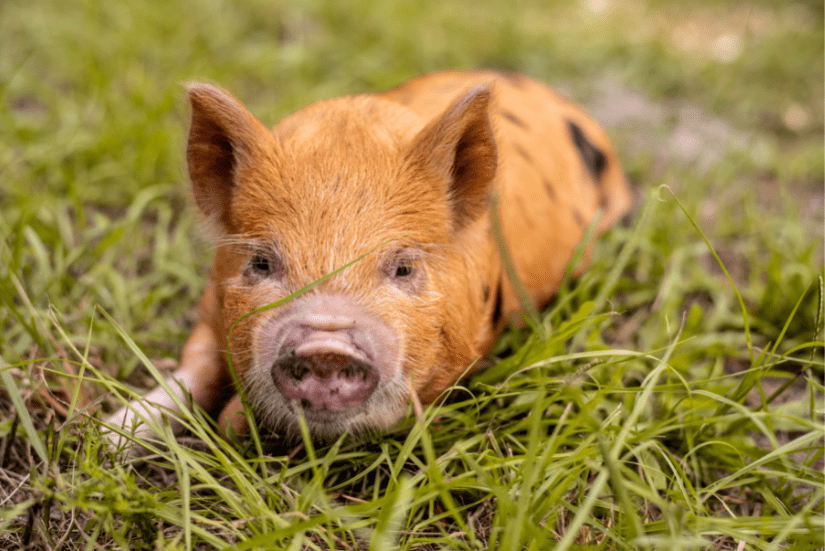
The quick answer is yes! However, you still have to meet our four non-negotiable factors and the animal needs to be matched to the person receiving the animal as a gift. Please visit your local BC SPCA animal centre or check out our adoptable animals. Learn more, watch our video on giving pets as gifts:
It is illegal to keep monkeys and other primates as pets in B.C. They are listed as Controlled Alien Species under provincial legislation.
Monkeys are social and live in groups with their families. Removing babies or adults from this group is distressing for all individuals. When choosing a pet, people often don’t think about how big the animals will get and how long they will live. When the care responsibilities become unmanageable, the animals are often surrendered to an animal rescue organization or refuge – if these locations are not already full.
The BC SPCA does not support keeping or breeding exotic animals as pets due to their unique physical and emotional needs. These animals often suffer in care because of their specialized needs. Exotic pets are often taken from the wild and may suffer or die during capture or transport. When people capture animals from the wild, they also disturb fragile ecosystems and threaten species’ survival.
Read our position on wild and exotic animals kept as pets.
Read more about the BC Government’s Controlled Alien Species Regulations.
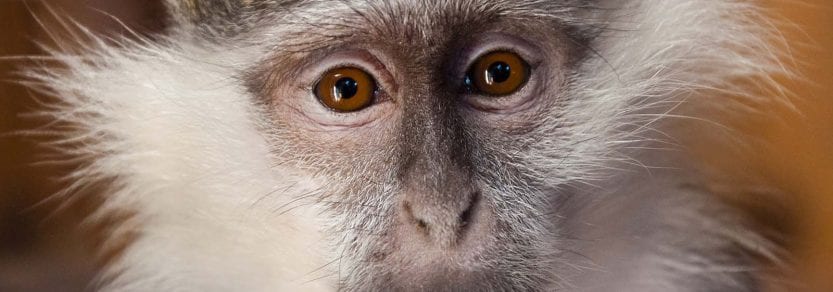
It is illegal to keep any primate, including pygmy marmosets or bushbabies, as pets in B.C. They are listed as a Controlled Alien Species under provincial legislation.
Primates are very social and live in groups with their families. Removing babies or adults from this group is distressing for all the individuals.
The BC SPCA does not support keeping or breeding exotic animals as pets due to their unique physical and emotional needs. These animals often suffer in care because of their specialized needs. Exotic pets are often taken from the wild, and may suffer or die during capture or transport. When people capture animals from the wild, they also disturb fragile ecosystems and threaten species’ survival.
Read our position on wild and exotic animals kept as pets.
Read more about the BC Government’s Controlled Alien Species Regulations.
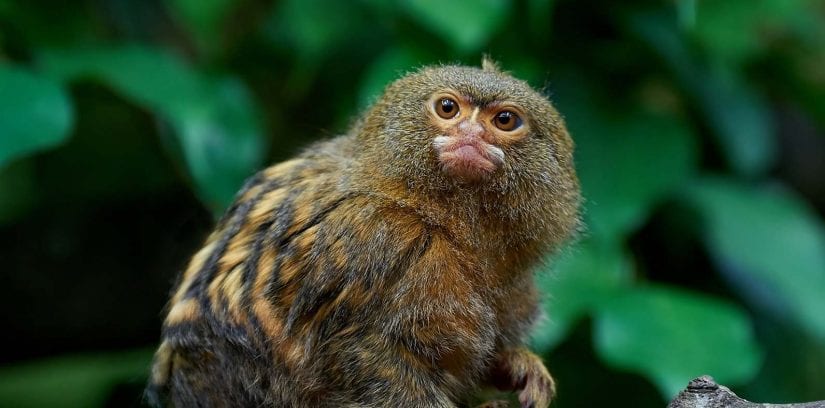
Under provincial and federal law, it is illegal to keep a wild animal, as designated under the BC Wildlife Act, as a pet. Very rarely, the provincial government issues permits for the personal possession of wild animals.
The BC SPCA does not support keeping wild or exotic animals as pets due to their unique physical and emotional needs. Both types of animals – those found wild in Canada and those exotic in Canada but wild to other countries – will suffer in care because of their specialized needs.
Under provincial law, it is illegal to keep certain dangerous exotic animals like tigers, primates or crocodiles as pets. Many cities also have exotic animal bylaws that make it illegal to keep some or all exotic pets. Check with your local municipality for a list of banned exotic animals.
Read more about exotic animals and the law.
If you are concerned about someone owning a wild or exotic animal illegally, please contact the Conservation Officer 24-hour RAPP line at 1-877-952-7277.
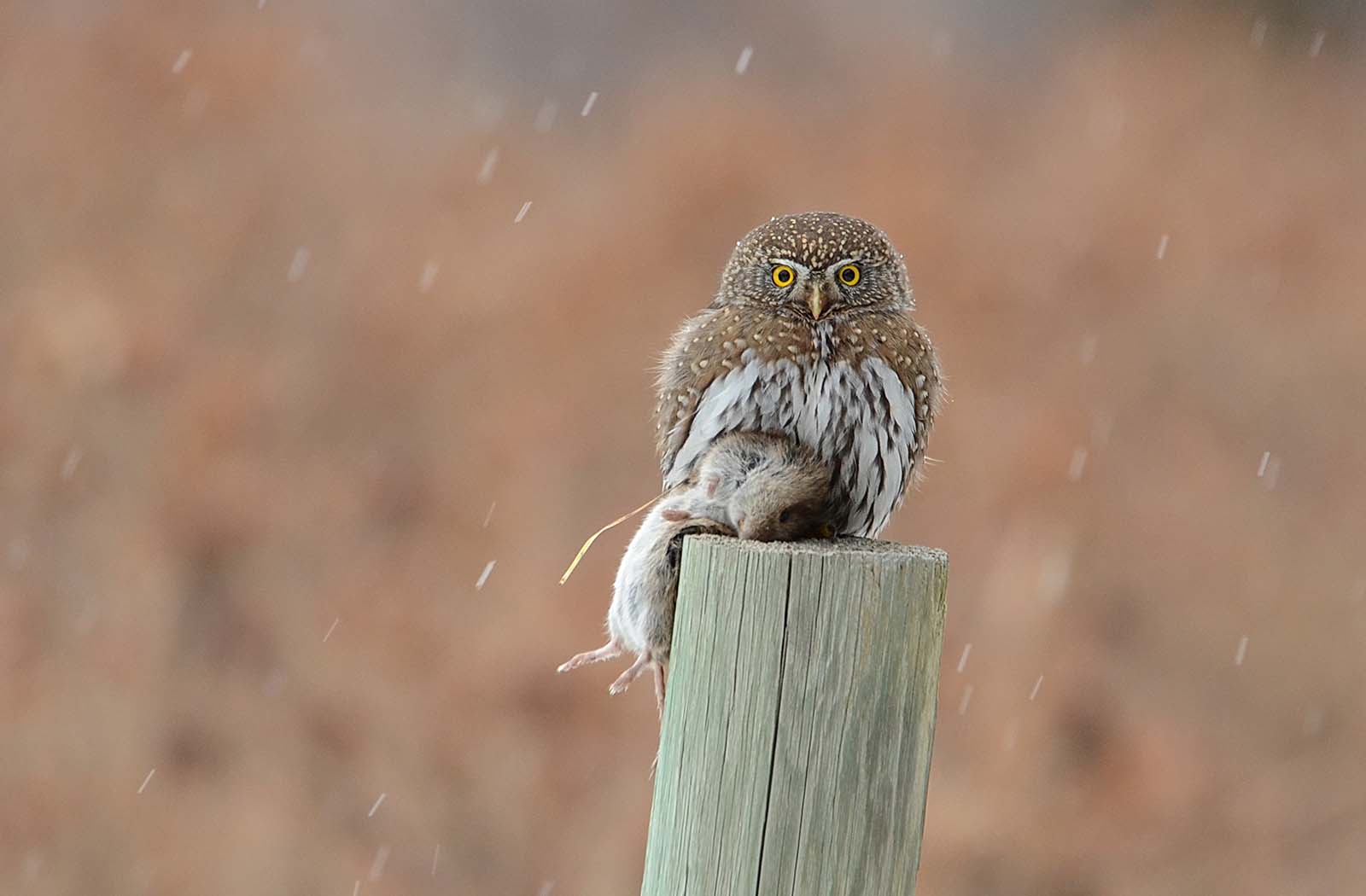
It is illegal to keep or sell a wolf as a pet in B.C. Some dogs are sold as “wolf-dog hybrids” for thousands of dollars, but they are really just dogs and have little to no wild wolf in them. Genetic testing is available to confirm hybrid status, however the animals’ behaviour is often used to assess their “wildness.”
The BC SPCA is opposed to keeping, breeding and importing wolf-dog hybrids as pets. Cross-breeding a wolf and dog counteracts 12,000 years of domestication. These animals are difficult to train and contain, develop stereotypies in captivity, and often show aggression toward other animals and humans. They need a high level of care that is difficult to achieve and do not make good pets.
Wolf-dogs already in captivity should be sent to accredited sanctuaries and never used for public attractions as roadside zoos or “walks with wolves”.
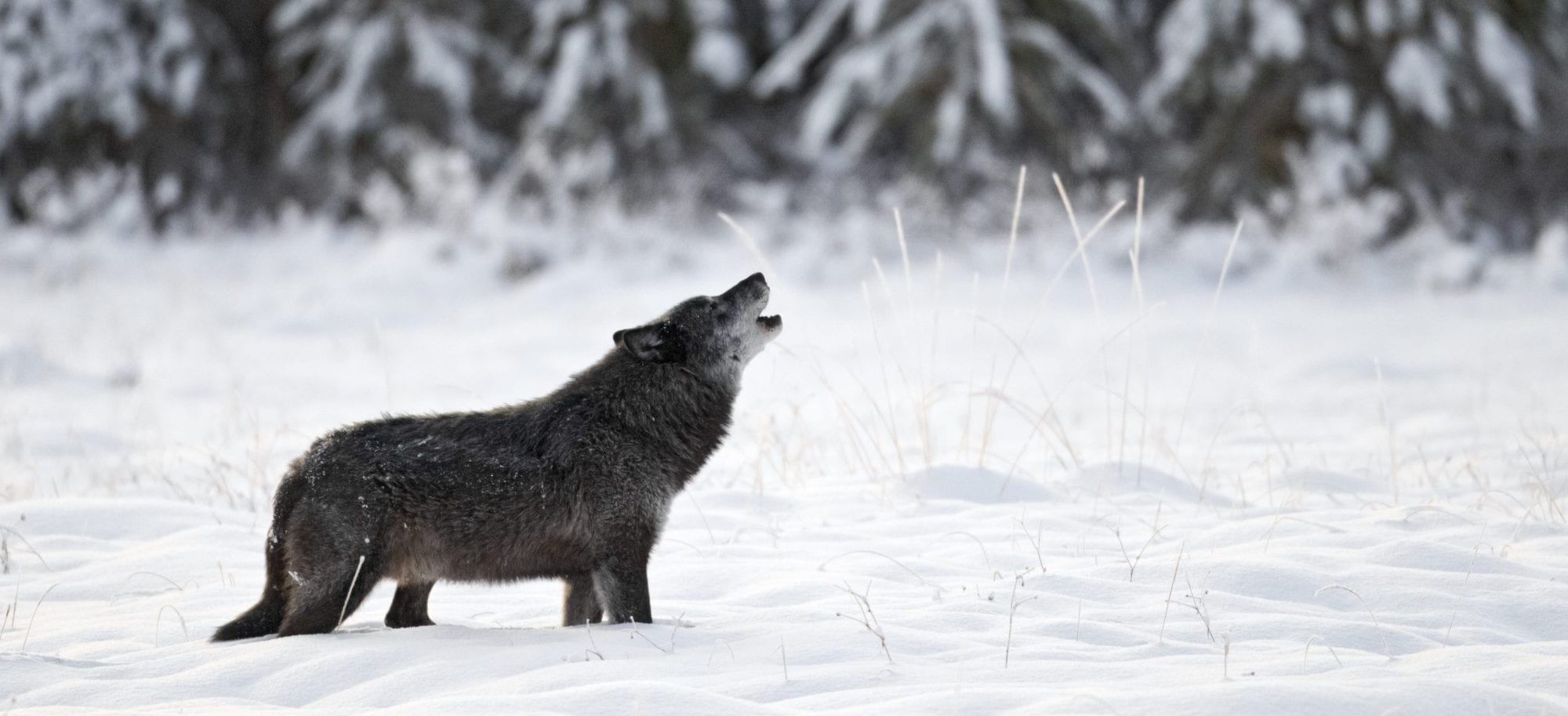
Photo by John E. Marriott
The BC SPCA Drive for Lives program transfers more than 4,000 animals each year throughout the province to increase their chances of adoption. Depending on your location, and the location and status of the animal you’re interested in, we may be able to bring the animal to a BC SPCA facility closer to you. Please contact your local animal centre to learn more.
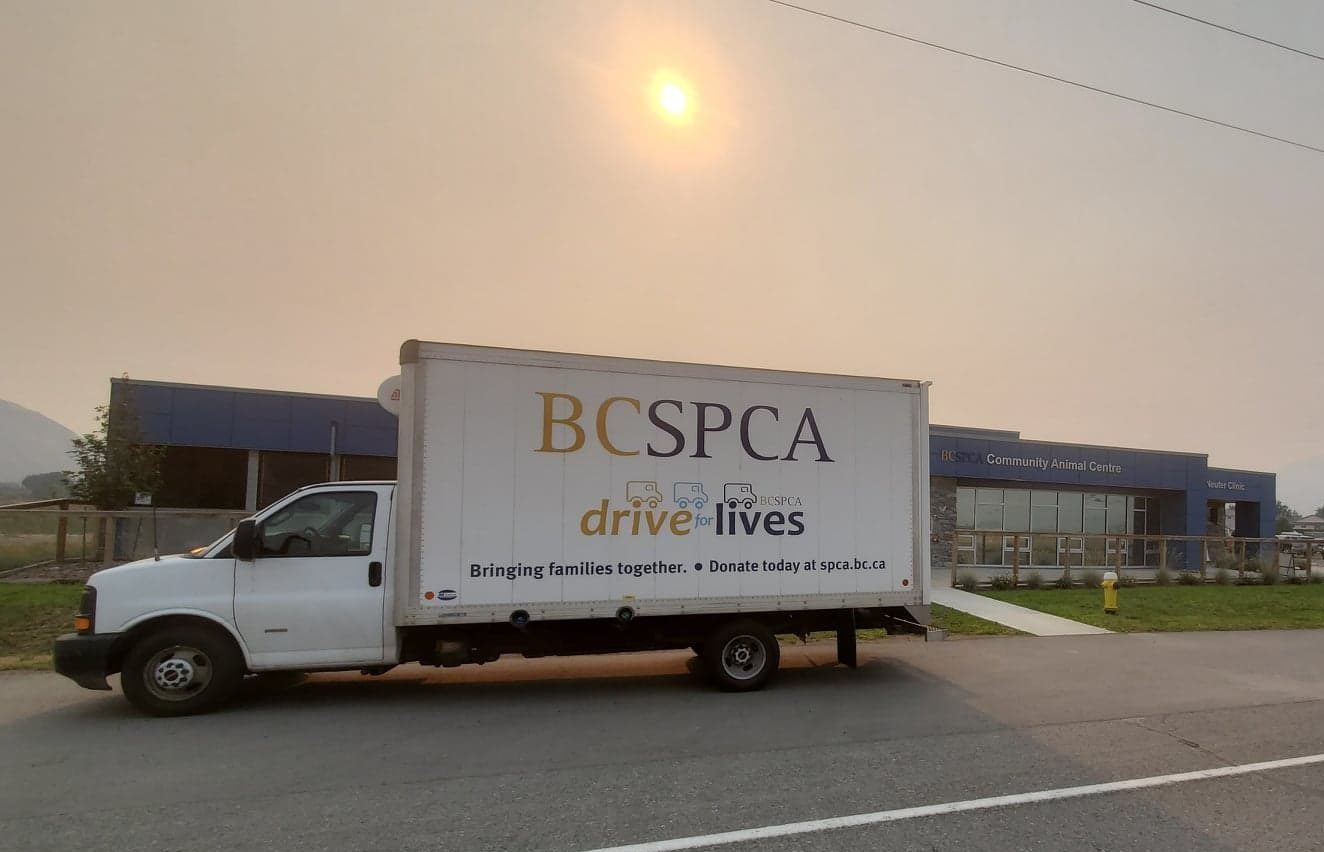
The BC SPCA does not certify or recommend other rescue groups.
What makes an animal rescue organization reputable?
They assess the animal’s behaviour
- An adoption matching process helps to ensure the animal is the right match for you and your lifestyle.
- The animal has had a behavioural assessment or close behaviour monitoring to learn about what they need and identify any behavioural problems. They can provide a record of it.
- Ideally, they know if the animal is a good fit for a household with cats, dogs and young children.
They consider the animal’s health
- The rescue provides adequate veterinary care prior to your adoption. You should expect a cat or dog to be spayed or neutered, vaccinated, de-wormed and given permanent identification. Rabbits should be spayed or neutered.
- Health and medical records provided show an ongoing relationships with a veterinarian or veterinarians.
- The rescue does not exceed its capacity to provide humane care for animals. All animals receive proper care, cleaning, feeding, exercise and enrichment.
- Housing for the animals is clean and sanitary, with space to move around and act naturally.
They address the adopter’s concerns
- A return policy states they are willing to accept the animal back at any time if the adoption does not work out and this is clearly written somewhere.
- The rescue is transparent about medical and behavioural problems and expected future needs.
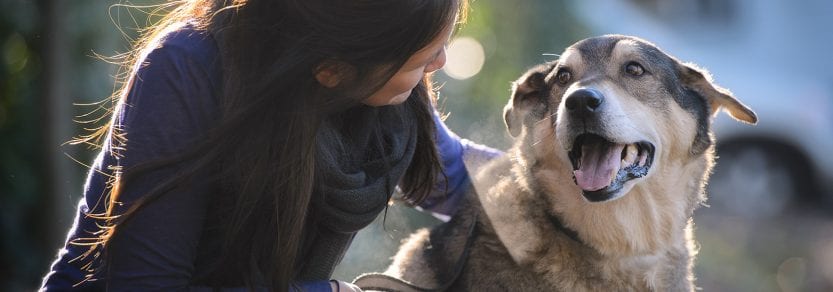
Questions to ask before you foster or adopt an animal through a rescue
- What is the animal’s history?
- What are his or her medical and behavioural issues? Does he or she have separation anxiety or aggression?
- Is the animal house trained?
- What happens if it doesn’t work out?
If the animal is from another country, ask what diseases and parasites he or she has been tested for. Be sure to reach out to a veterinarian and discuss the risks for the animal itself and the animals they might come in contact with in your home or in public.
If fostering, ask:
- How long am I expected to foster for?
- What do you provide and what am I expected to pay for?
- What do I do if there is a medical emergency? If I have a problem, who do I contact?
Although servals (a wild cat) are not included in the provincial Controlled Alien Species legislation, that doesn’t mean they should be kept as pets. Servals are wild animals. Native to many parts of Africa, servals roam savannahs and wetlands hunting for prey, and have a poor quality of life when kept as pets.
These wild cats are not much bigger than a medium-size dog, but they still retain their wild instincts and are cunning escape artists. They are difficult to contain in a home or enclosure setting, and pose a risk to their keepers and the public, and even native wildlife if they escape. Their own safety is also in jeopardy in captivity. Escaped servals have died by being hit by cars or of starvation, since they never had the opportunity to learn how to hunt.
In 2019, the BC SPCA seized 13 servals near Kamloops living in horrific conditions. Following months of specialized care, the BC SPCA received federal permits to send the servals to accredited sanctuaries in the U.S. The BC SPCA and over 6,600 supporters then campaigned the provincial Director, Fish & Wildlife to prohibit private serval ownership, breeding, display and importation through existing exotic animal regulations. However, no government action has been taken to date.
Servals are strong, fast and have an incredible capacity for jumping. In the wild, servals will leap high into the air to catch flying birds, and can slap fish hard enough to stun them. They are not easily house-trained, and will frequently mark their territory with urine. It is extremely challenging to provide for the nutritional and veterinary needs of a wild cat like a serval in captivity. Without their needs met, they experience poor welfare. There are no accredited sanctuaries in Canada for servals. Their breeding is unregulated and animal welfare organizations are not equipped to house these wild cats.
The BC SPCA has always opposed the declawing of cats. Declawing painfully removes the nails and bones of the toes – comparable to amputating human’s fingers at the last knuckle. In the past, servals were declawed when kept as pets, but declawing has since been banned by the College of Veterinarians of British Columbia (CVBC). This means servals pose an even greater risk to people and pets in the home. They may scratch while attempting to play, or out of frustration because their wild needs aren’t met.
The B.C. Government has the authority to designate certain animals as Controlled Alien Species to prohibit their breeding, sales and possession. Other dangerous cats such as tigers, lions, leopards, lynx, and bobcats cannot be kept as pets in B.C. Right now, servals are not on the Controlled Alien Species list, leading to their exploitation, suffering and unregulated breeding. Ask the Ministry to add servals to the Controlled Alien Species legislation – email the Director, Wildlife and Habitat.
The BC SPCA encourages all municipalities and governments to adopt exotic pet laws that prohibit the keeping of servals and other exotic animals.
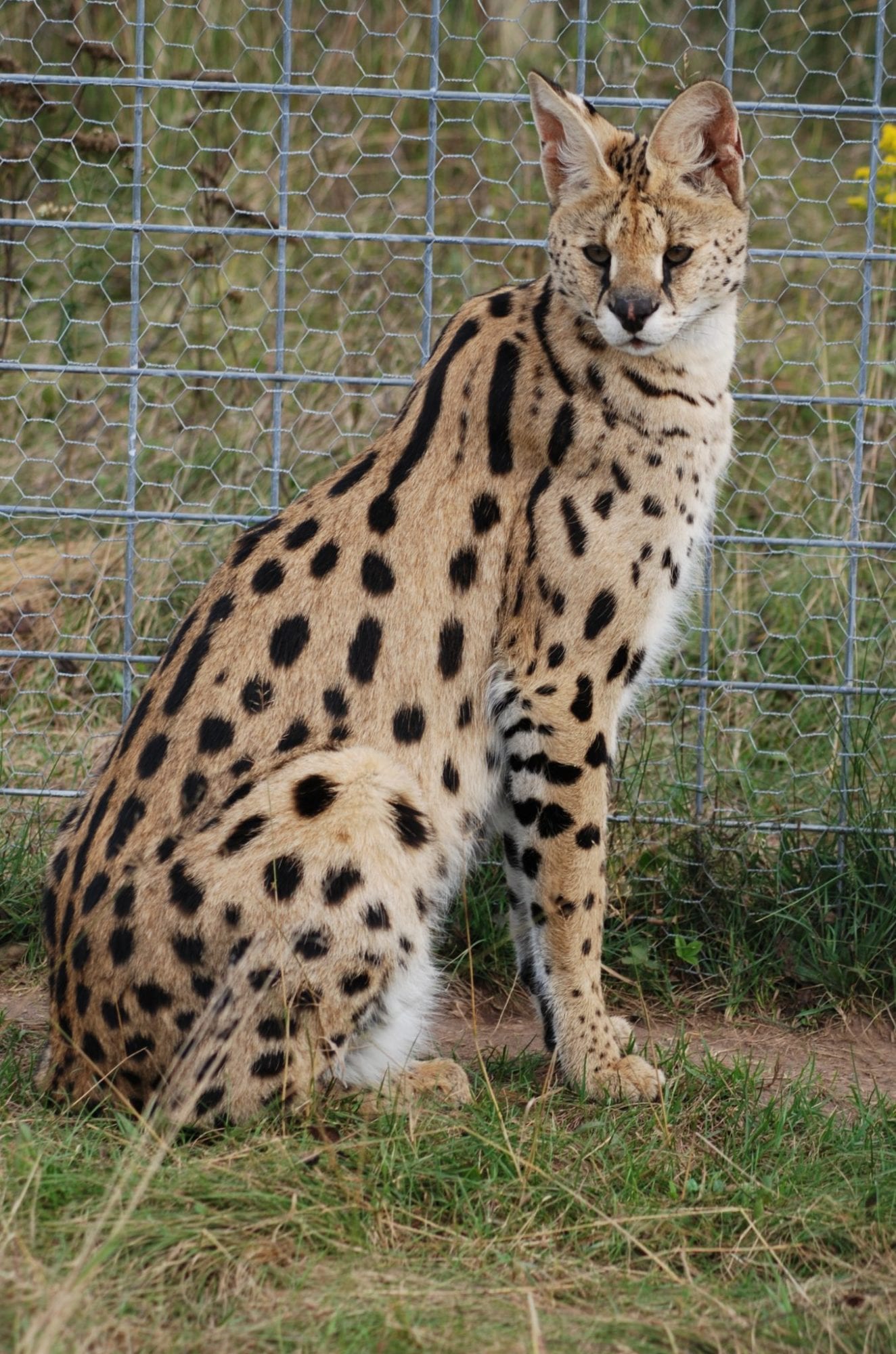
Subscribe to the BC SPCA’s WildSense e-newsletter for more information:
YES! Gift cards are available for our online shop. Please note that gift cards can only be applied to products in the online store and can not be applied to adoption fees at this time.
To adopt a chicken or any other animal from the BC SPCA, please visit our adoptions page. But before you decide to raise your own backyard chickens, please consider the following:
- Does your municipality allow the keeping of backyard chickens?
- What do chickens eat? What should you feed to chickens?
- Do you have access to suitable veterinary care in your community?
- What do you plan to do with your chickens once they stop laying eggs?
- How will you protect your chickens from bad weather and natural predators?
- What are you going to do with all that chicken poo?
- What are the risks associated with owning chickens?
Get the answer to these and other important questions on our backyard chickens information page.
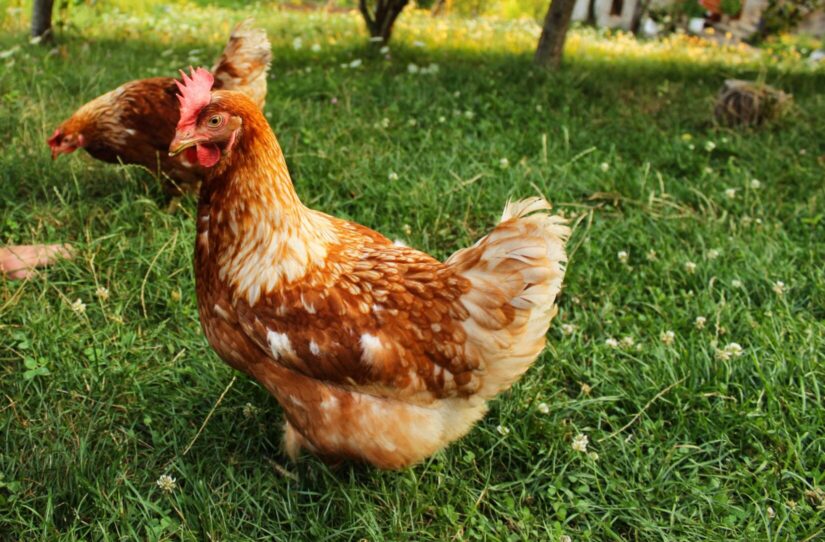
If a breeder asks to meet you in a shopping mall, parking lot or somewhere else away from their breeding facility to get your new pet, DO NOT purchase from this person.
Print out our guide (PDF) to take with you to a breeder’s home or facility.
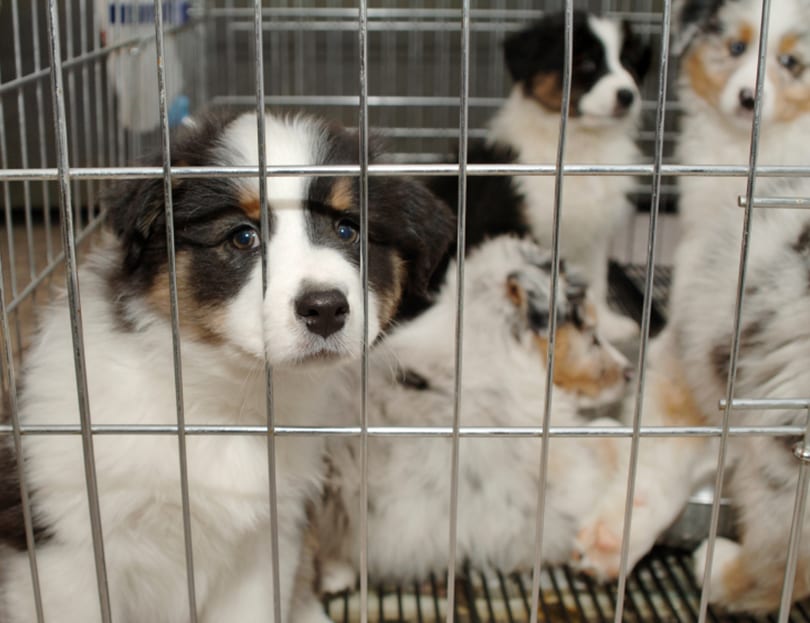
Signs of a reputable breeder
- Gladly shows you their entire home or facility where animals are kept, and introduces you to all their animals — both adults and offspring — including the mother of the pet you are considering purchasing
- Openly talks about positive and negative traits of the breed
- Provides veterinary records that show that the animals are healthy
- The home or facility is clean and spacious, with the opportunity for the animals to receive regular exercise and socialization outside of their kennels/cages
- The person breeding the animals specializes in one or two breeds
- A good breeder will ask you questions about your lifestyle and experience to ensure you’re a good match
Good breeders of puppies and kittens:
- Do not breed females who are too young or too old. Generally dogs and cats should not be bred at less than 18 months and should only be bred once in every two heat cycles
- Expose puppies and kittens to household noises and new experiences, ensure they are handled gently by many different people and are kept clean, warm and well fed
- Send puppies and kittens to new homes at eight weeks of age or, preferably, at 10 weeks
- Are knowledgeable about common heritable (genetic) disorders in the breed and will discuss how they breed and test to avoid the disorders
- Provide, at no extra charge, valid paperwork for registration and veterinary records, including vaccinations and deworming, for the puppy or kitten you are purchasing
- Ask you to return the puppy or kitten to them if it does not work out
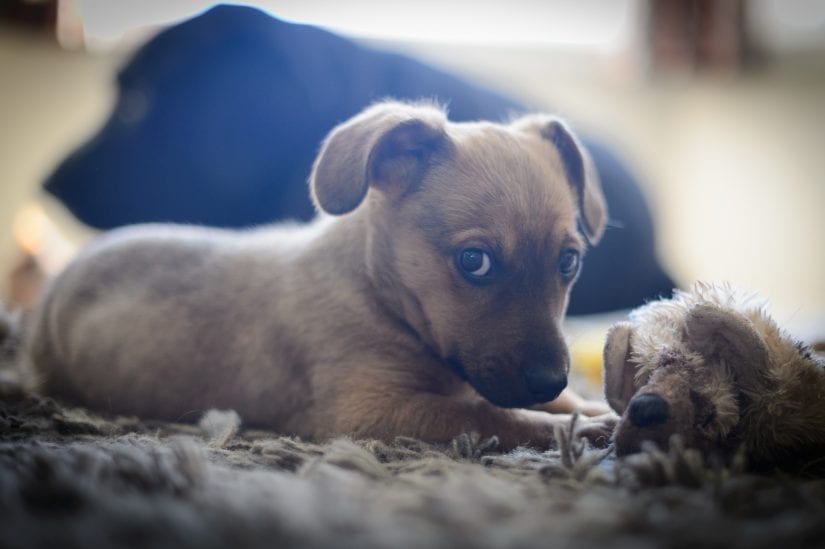
Signs of a bad breeder
- Agrees to sell you a puppy or a kitten without meeting you (e.g. over the phone) and doesn’t allow you to come and meet them and/or their animals before purchase
- Sells their animals to pet stores or brokers
- Has run-down or crowded facilities, is reluctant to show you their facilities or has dirty, unhealthy and/or fearful animals
- Sells animals without vaccinations and deworming and veterinary check, or guarantees against health problems including genetic defects
- Claims an animal is purebred but does not have the registration to prove it
- Will not take an animal back if a problem arises or offers another animal if the first one gets sick, rather than helping with your veterinary bills
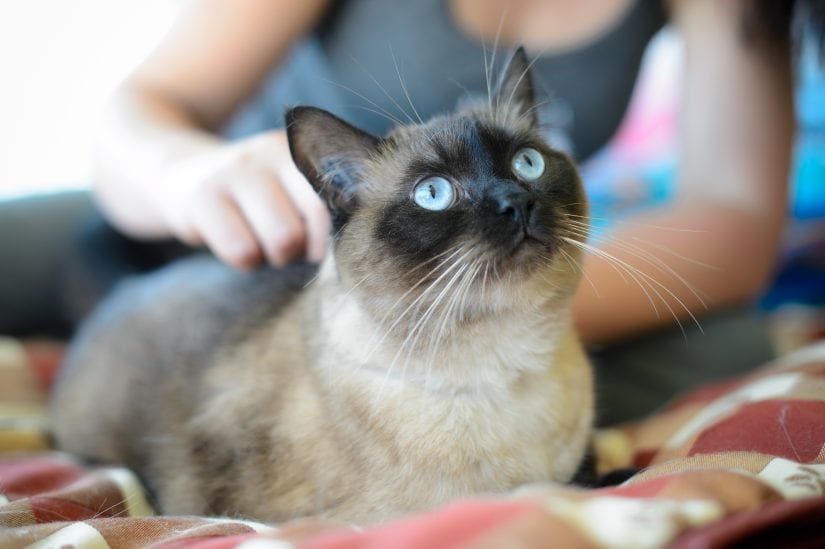
To view all available adoptable animals, please see our adoptable animal listings. When an animal is adopted, they will be removed from the listing (within 4 hours of adoption).
Please note, even though this website is live and updates frequently, we cannot ensure the animal is still available for adoption when you arrive at the animal centre. There is a chance the animal may have been adopted by the time you arrive, or another party might be going through the adoption process at the time. For more information, please contact the animal centre caring for the animal, as listed on the animal’s profile page.
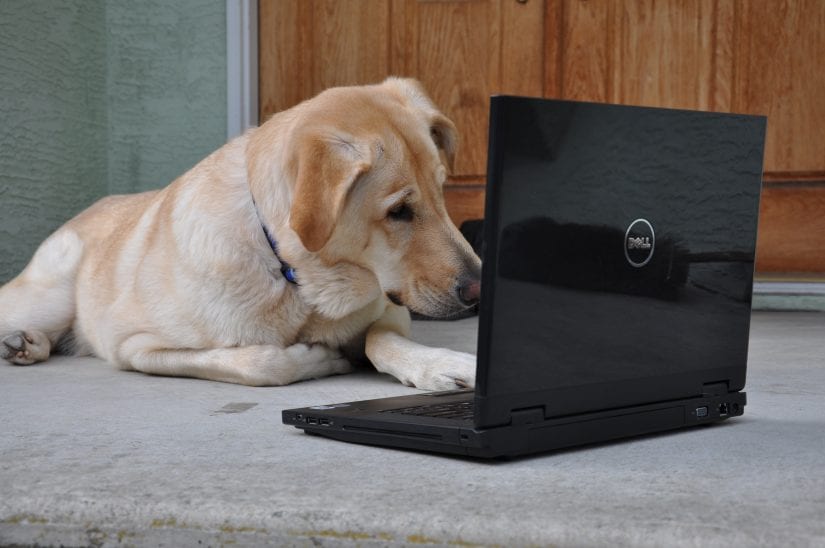
Horses and farm animals come into the BC SPCA’s care through our Animal Protection Services. Sadly, these horses are usually in poor condition. In many cases they require extensive nutritional, medical, and behavioural rehabilitation due to starvation, neglect and abuse.
The BC SPCA cares for these horses in one of our three barn facilities: the Good Shepherd Barn in Surrey, the Kelowna Recovery and Adoption Barn, and the Nanaimo Seasted Stables, or places them in the care of an experienced foster home. The BC SPCA provides the care, treatment and time these horses need to recover before being adopted to new homes.
To adopt a horse or any other animal from the BC SPCA, please visit our adoptions page. The BC SPCA does not have the resources to take in surrendered horses and farm animals at this time.
We rely heavily on donations and our dedicated foster homes and boarding facilities to provide for the horses in our care.
Our Science & Policy team advocates to protect and enhance the quality of life for all animals in British Columbia, including horses, through education and advocacy initiatives. We work to increase awareness of animal welfare issues, promote individual actions that lead to positive change, and press for evidence-based changes to standards, policies, and legislation to improve the lives of horses.
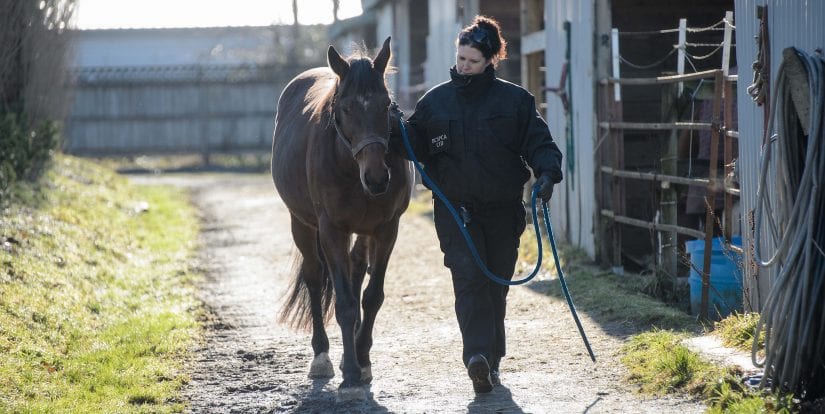
Every adoption is unique and the time it takes to adopt varies. Some animals can go home the same day if they are successfully matched. Visit our adoptable animals section to start your search today.
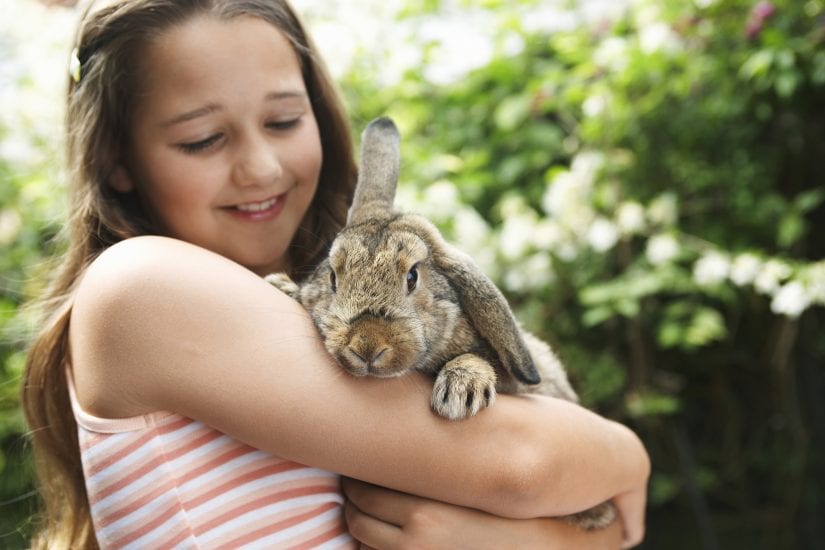
It costs the BC SPCA $40 per day to care for a horse.
In addition to this, there are other costs of care:
- Intake exam and blood work when necessary: $250+
- Hoof trimming every 4-6 weeks: $60 per trim
- Internal and external parasite treatment/control: $35
- Castration of intact male horses: $500-$1000
- Other medical care/medications as needed
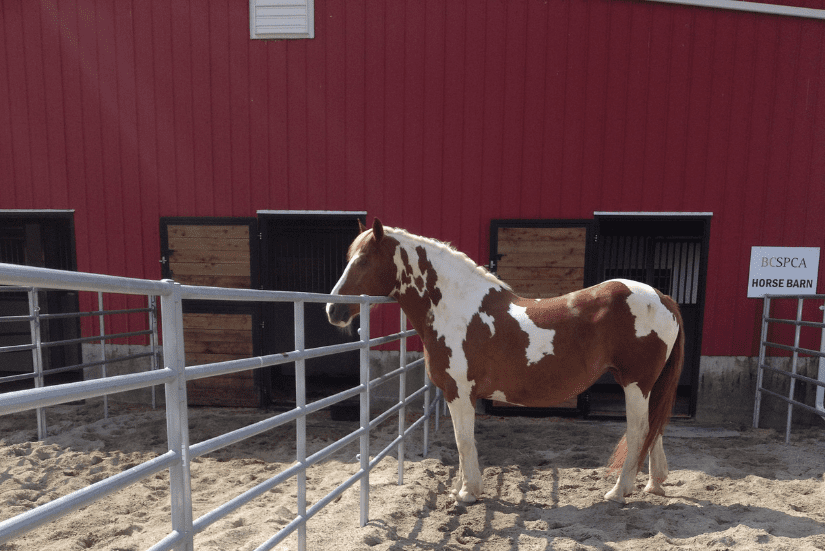
Due to the number of adoption queries we receive at our animal centres, we are unable to keep wait lists for certain breeds of animals, puppies or kittens.
However, on our adoptable animals page, you can create an account and then set up an email notification when a certain breed of animal or certain type of animal becomes available for adoption. For best results, we recommend selecting as few criteria as possible when creating the email alert.
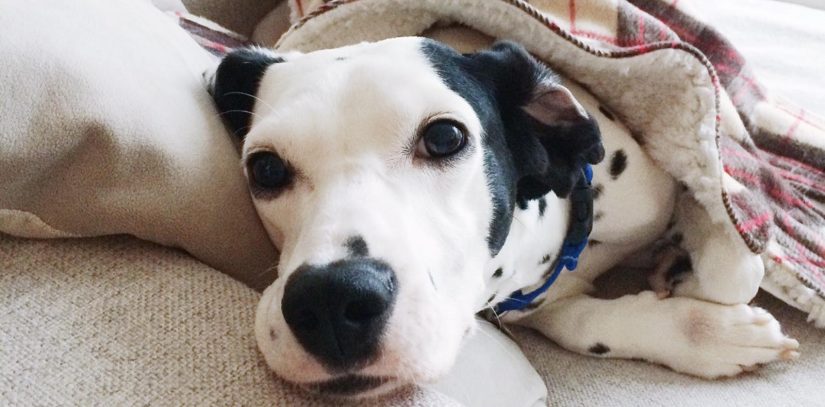
Buying an animal you have never seen in person can be dangerous (PDF). In pictures and descriptions, the animal might appear to be cute, happy and healthy. However, once you’ve exchanged money and the animal is shipped to you, you might be in trouble – search for animals to adopt from your local BC SPCA animal centre instead.
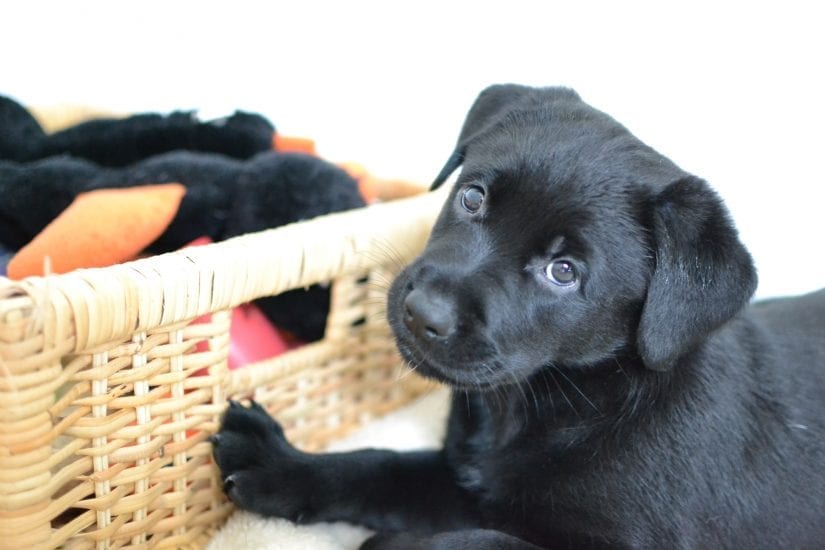
Issues related to buying an animal you’ve never met
- The animal might not be socialized to people or could have behaviour problems. This means they could bite or scratch and might never enjoy your company!
- An animal that looks healthy can be deceiving. They could have worms, parasites or even genetic diseases (PDF) with high costs and long-term heartache.
- What if the animal isn’t a good fit with you and your family? Are you prepared to put them through the process of being returned? What would you do instead?
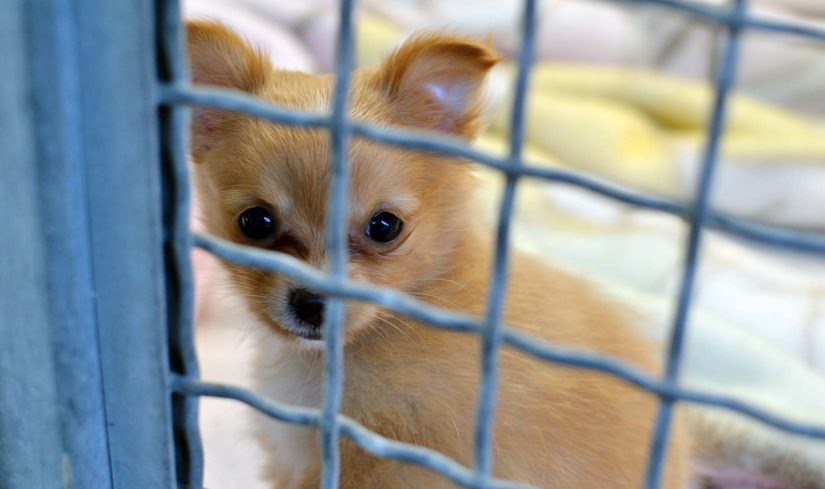
If you’re adopting from a rescue, make sure you meet the animal in person – even if you have to drive for many hours to do so. Ask the rescue some key questions to make sure this animal is a good fit for you and your family.
If you’re buying from a breeder, visit the breeder’s home and facility. Do not trust pictures or scans of documents, these can easily be falsely created.
Read our position on the sale of pets from pet stores (PDF).
What are the concerns with buying from a pet store?
- You don’t know where the animals came from. What if they were living in filth and their mothers were abused or neglected? They might have costly genetic (PDF), health and behaviour problems their entire lives. Learn more about good and bad breeders.
- Many stores carry animals that they have no expertise or knowledge to care for. These animals are not given the Five Freedoms. Many just want a safe place to hide and rest and enough space and things to do. Often, cramped housing conditions don’t meet even their most basic needs.
- When animals are transported to the pet store, they are often in cramped containers. Many animals, especially small animals like fish and gerbils, will die during transport.
- If you buy from a pet store, you are creating a space for another animal to be brought in, continuing a cycle of pain and suffering.
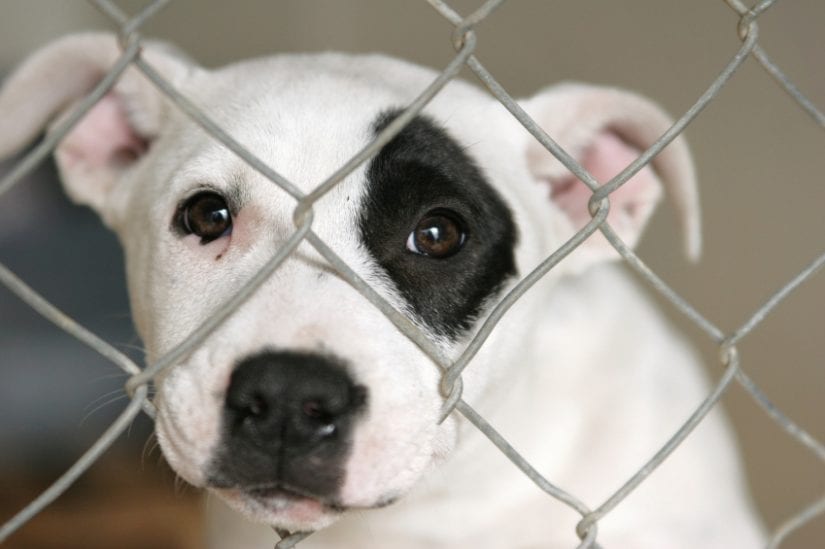
What happens to pet store animals who aren’t sold?
Just like with inventory in retail, animals go on sale. If the animal is marked down and no one purchases her, the store may give the animal away or try to return her to the breeder. After a very low cost sale of an animal that has high care costs, the store will think twice and will not purchase another, be it a puppy, turtle or gecko.
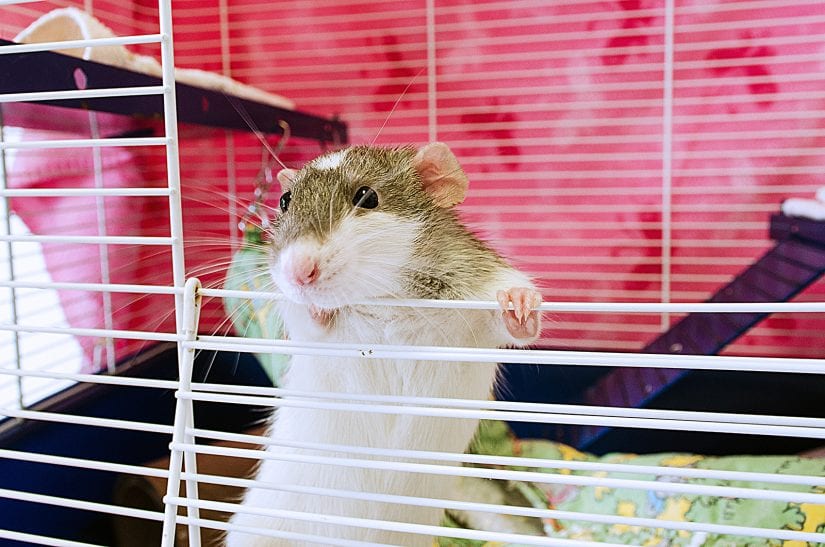
Are you worried about the well-being of an animal you saw in a pet store?
If you believe an animal you have seen may be in distress, call the BC SPCA Animal Helpline at 1-855-622-7722.
While being an animal guardian is an invaluable experience, there are certain costs associated with adopting your pet. The adoption fee that we charge helps to cover our cost of caring for animals, while we find them loving homes. Find out what’s included and fees per animal type:
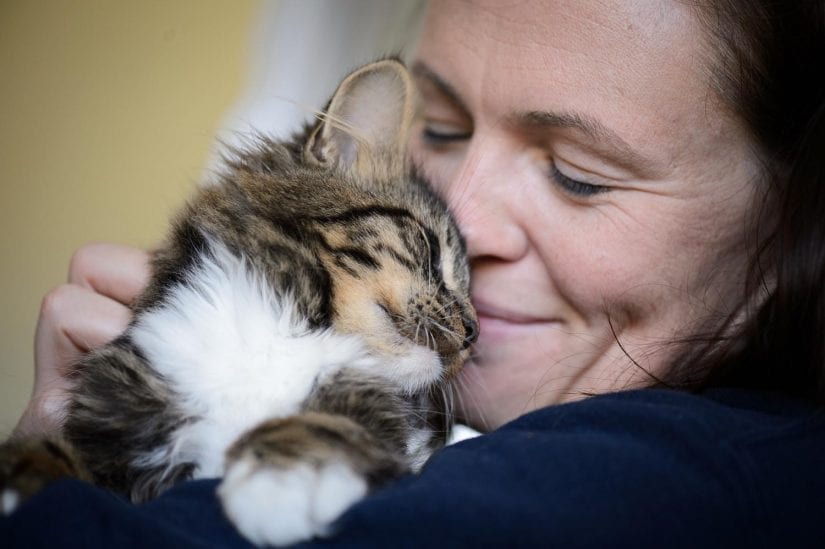
Fostering an animal means you take a BC SPCA animal into your home and care for them for us. While they’re in your home, we provide you with food and medical care until the pet is available for adoption. Foster families help animals recover from illnesses/injuries or provide them with socialization and love.
If you are unsure about adopting an animal, or unable to make the commitment at this time, fostering can be a great way to bring animals into your life.
While fostering is temporary, many foster families fall in love with the animal in their care and decide to adopt them.
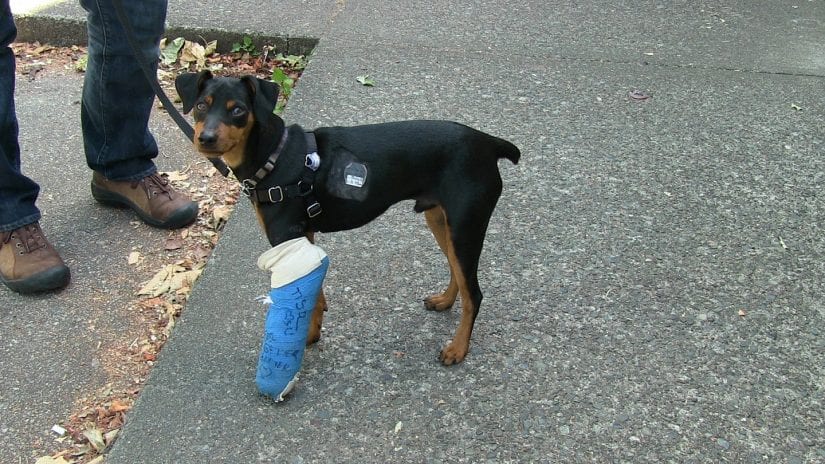
Some general things we look for in foster families:
- Length of commitment from a couple of days to several weeks
- Ability to spend time with the animal every day
- Daily monitoring of the animal as needed
- Ability to accommodate time to transport the animal, as needed, for appointments, treatments and weigh-ins
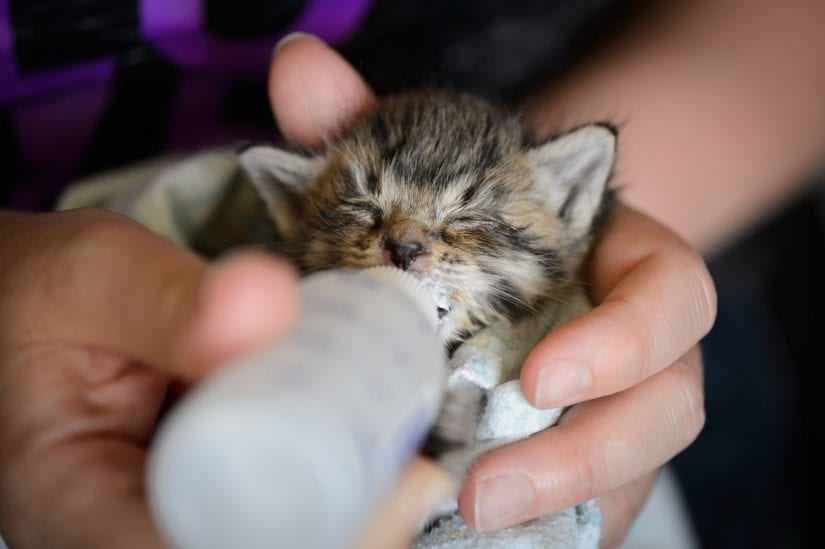
Fostering opportunities
- Nursing dog with puppies
- Nursing cat with kittens
- Orphaned kittens or puppies
- Sick or injured animals needing medical care
- Animals needing help with behaviour issues
- Puppies and kittens too young to be in the animal centre
- Horses and other farm animals
If you are 19 years of age or older, you can view foster care opportunities and apply to become a foster guardian. Learn more about our program, download fostering for the BC SPCA (PDF) and watch the video below.
For questions about fostering horses and other farm animals, email rescues@spca.bc.ca or fill out our horse and farm animal foster application form.
While being an animal guardian is an invaluable experience, there are certain costs associated with adopting your pet. The adoption fee that we charge helps to cover a portion of our cost of caring for animals, while we find them loving homes. Adoption fees vary by animal and by location. For specific fees in your region, check with your local animal centre. Below is a list of what is included in each adoption fee, by type of animal.
Search for adoptable animals now >>
Dog adoption fees include:
- An in-centre physical performed by staff
- Temperament assessment
- Behaviour profile
- First round of standard animal centre “core” vaccinations (does not include rabies)**
- Flea and other external parasite treatments as required
- Routine deworming and other internal parasite treatments as required
- Spay or neuter surgery (a voucher may be provided for pediatric surgeries at select locations)
- Microchip identification implant and lifetime registration with the BC Pet Registry*
- Certificate for a free veterinarian examination (at participating veterinary clinics & select locations)
- Sample bag of food and coupon provided by Hill’s Pet Nutrition as fed in the animal centre
- Six week free trial of pet insurance provided by Petsecure Pet Health Insurance
- A free virtual veterinary appointment provided by TELUS Health MyPet
- Medical treatment if required while in our care
- Daily in-centre care and monitoring
*All BC SPCA dog adoptions include a microchip and lifetime registration with the BC Pet Registry. Registration is $45 for lifetime protection which will be added on top of the adoption fee.
**Standard “core” animal centre vaccinations for dogs include: distemper, adenovirus 2, parvovirus, parainfluenza and bordetella (kennel cough)
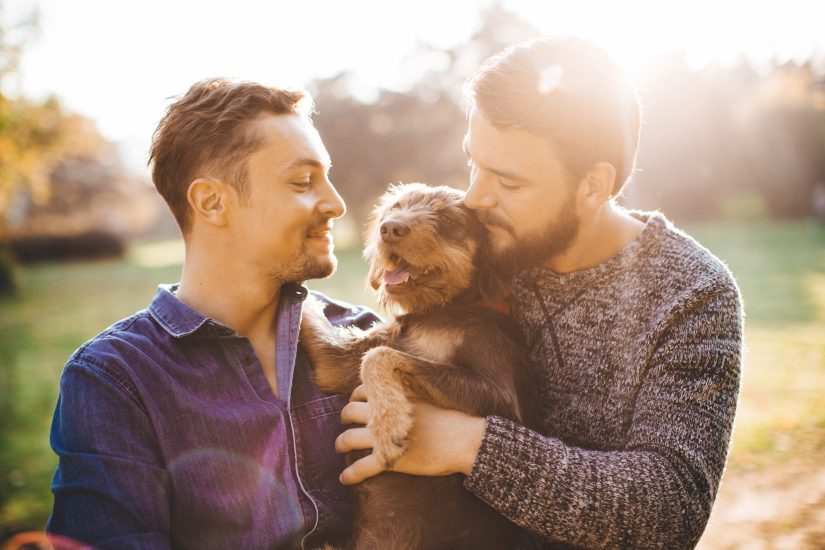
Cat adoption fees include:
- An in-centre physical performed by staff
- First round of standard animal centre “core” vaccinations (does not include rabies or feline leukemia)**
- Flea and other external parasite treatments as required
- Routine deworming and other internal parasite treatments as required
- Spay or neuter surgery (a voucher may be provided for pediatric surgeries at select locations)
- Microchip identification implant and lifetime registration with the BC Pet Registry*
- Certificate for a free veterinarian examination (at participating veterinary clinics & select locations)
- Sample bag of food and coupon provided by Hill’s Pet Nutrition as fed in the animal centre
- Six week free trial of pet insurance provided by Petsecure Pet Health Insurance
- A free virtual veterinary appointment provided by TELUS Health MyPet
- Their Hide, Perch & Go™ box (a cat’s personal temporary pet carrier)
- Medical treatment if required while in our care
- Daily in-centre care and monitoring
*All BC SPCA cat adoptions include a microchip and lifetime registration with the BC Pet Registry. Registration is $45 for lifetime protection which will be added on top of the adoption fee.
**Standard “core” animal centre vaccinations for cats include: rhinotracheitis, calicivirus and panleukopenia.
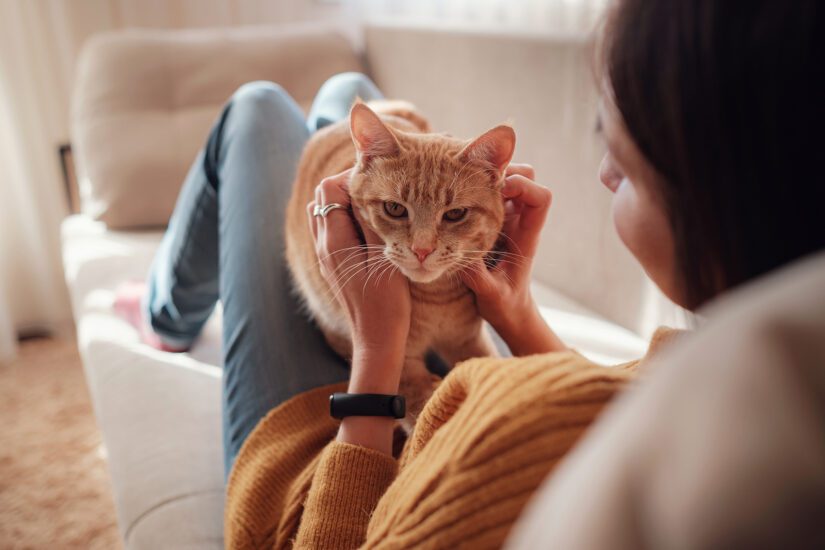
Rabbit adoption fees include:
- An in-centre physical performed by staff
- Spay or neuter surgery (a voucher may be provided for surgeries at select locations)
- Microchip identification implant and lifetime registration with the BC Pet Registry*
- Certificate for a free veterinarian examination (at participating veterinary clinics & select locations)
- Medical treatment if required while in our care
- Daily in-centre care and monitoring
*All BC SPCA rabbit adoptions include a microchip and lifetime registration with the BC Pet Registry. Registration is $11.25 for lifetime protection which will be added on top of the adoption fee.
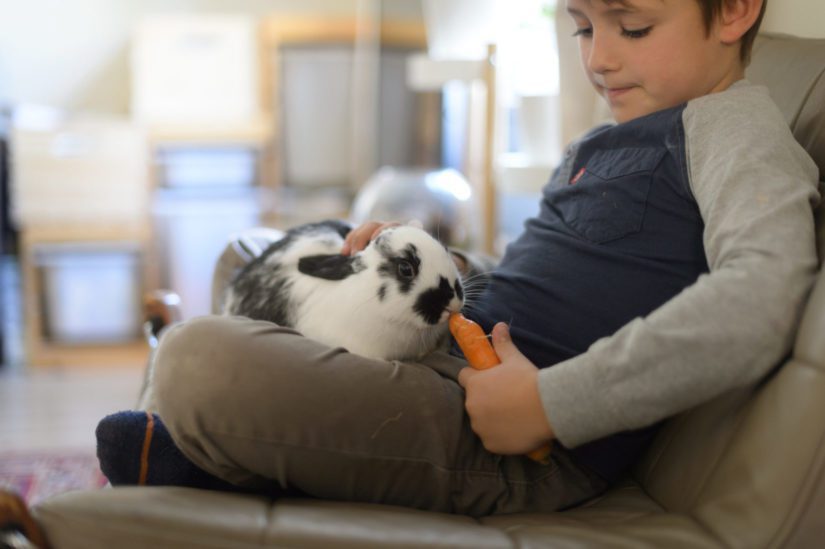
Small pet & bird adoption fees include:
- An in-centre physical performed by staff
- Certificate for a free veterinarian examination (at participating veterinary clinics & select locations)
- Medical treatment if required while in our care
- Daily in-centre care and monitoring
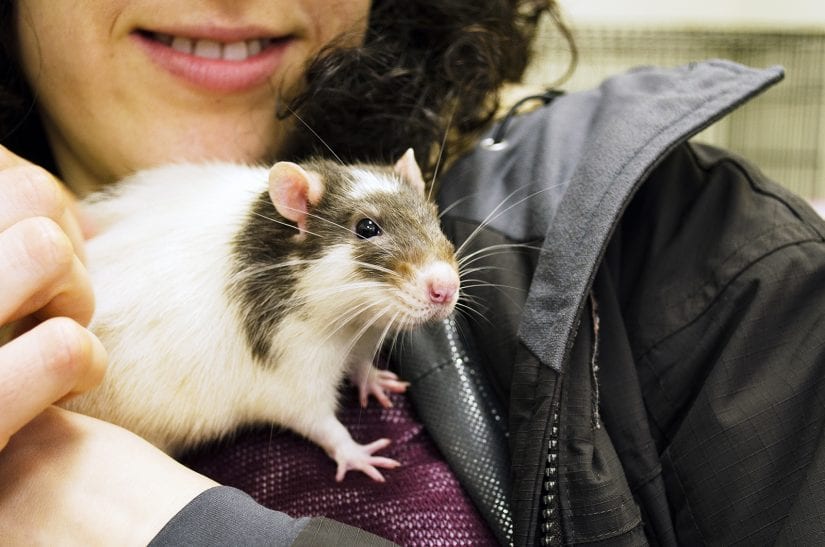
Horse adoption fees include:
- An intake exam performed by a veterinarian
- A nutritional assessment and individualized feed plan
- Certificate for complimentary nutritional consult, bag of feed and treats from Otter Co-op (at participating stores & select locations)
- Castration of intact male horses
- Hoof assessment and regular trimming while in our care
- Lice and other external parasite treatments as required
- Routine deworming and other internal parasite treatments as required
- Medical treatment if required while in our care
- Daily in-centre care and monitoring
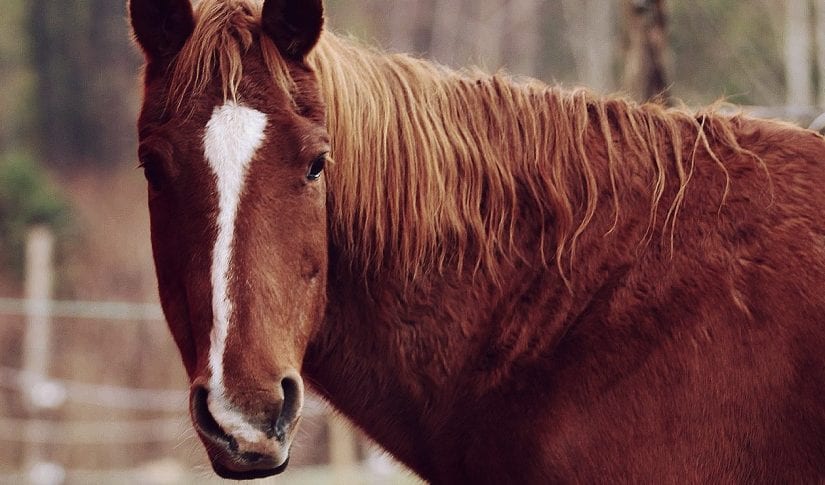
Farm animal adoption fees include:
- An intake exam performed by a veterinarian
- A nutritional assessment and individualized feed plan
- Castration of intact male farm animals
- Hoof assessment and regular trimming while in our care
- Lice and other external parasite treatments as required
- Routine deworming and other internal parasite treatments as required
- Medical treatment if required while in our care
- Daily in-centre care and monitoring
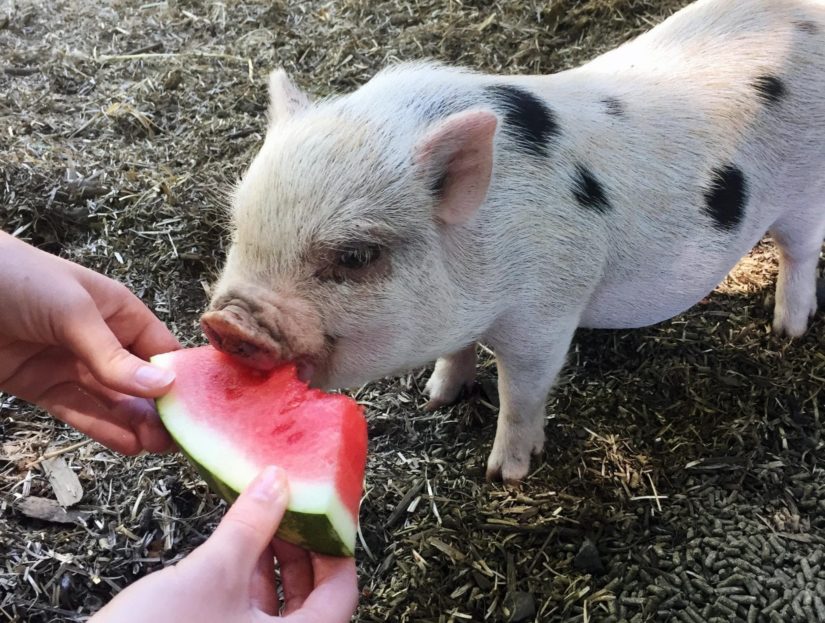
To give adopters more adoption locations and to help more animals find their forever homes, the BC SPCA partners with local pet retailers and veterinary clinics that host offsite adoption centres.
Offsite adoption centres are a great option for people who are not comfortable with visiting an animal care facility. View a list of our adoption partner locations.
Veterinary clinics or other retailers interested in becoming an BC SPCA satellite adoption site are invited to call the BC SPCA at 604-681-7271.
Search for adoptable animals now >>
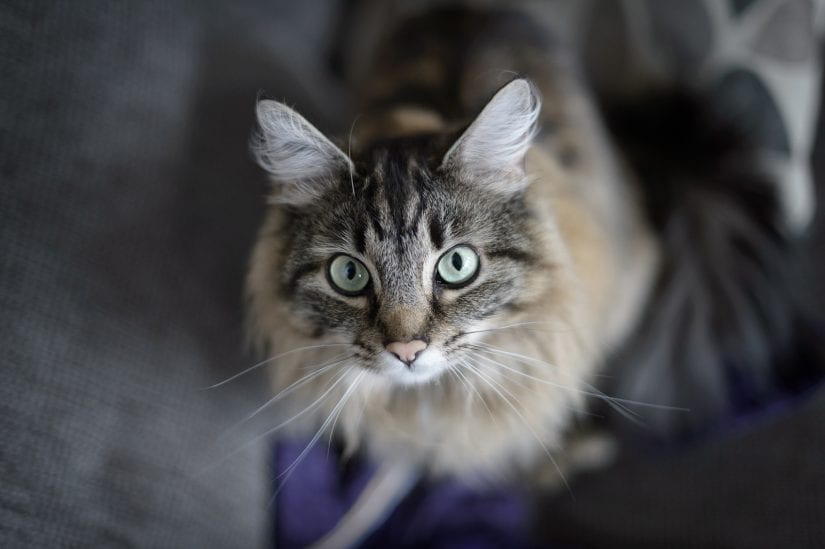
The BC SPCA charges adoption fees to help us offset the cost of caring for the animals, but it doesn’t cover the whole cost. Find out what’s included when you adopt a pet from the BC SPCA.
